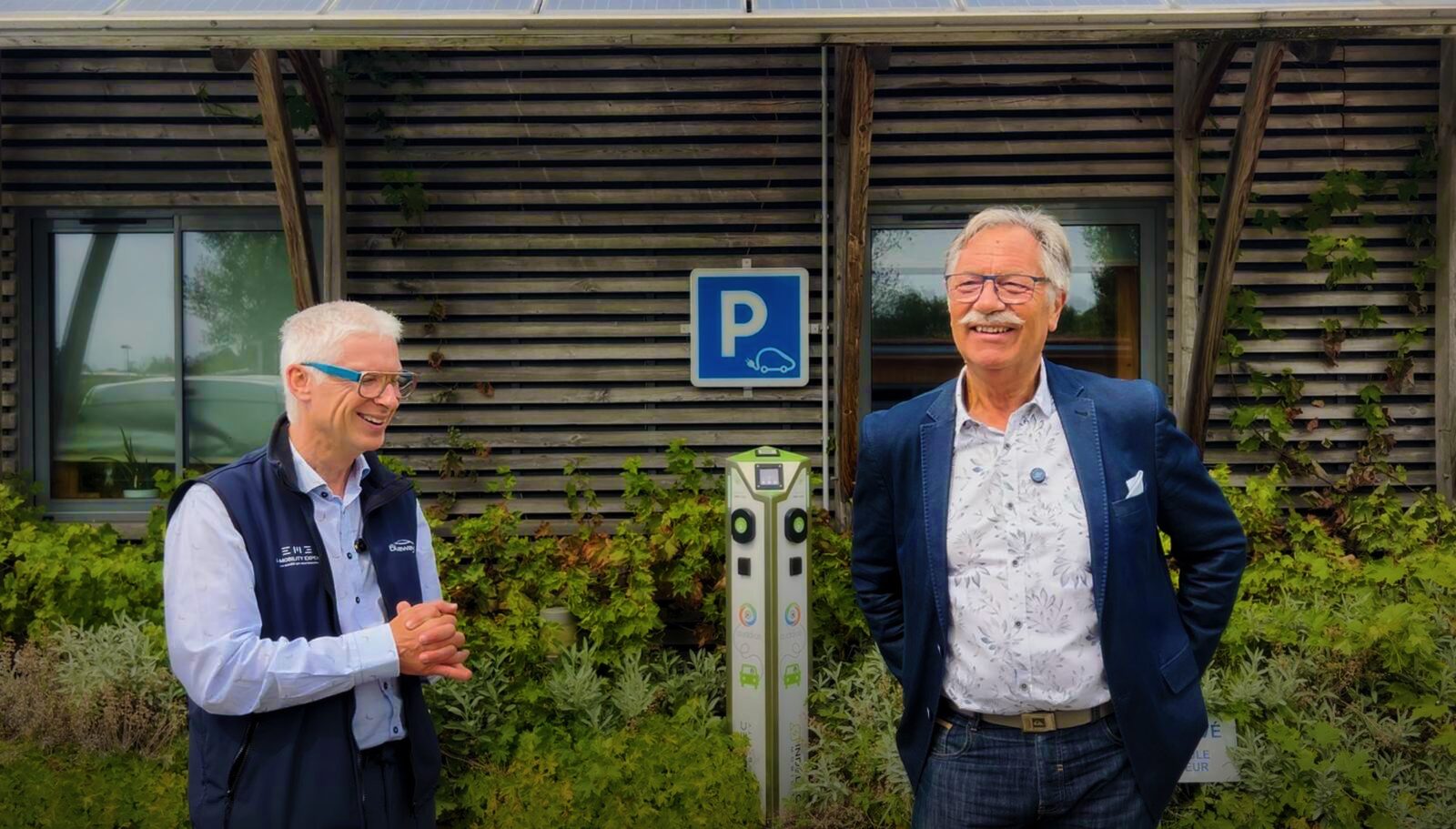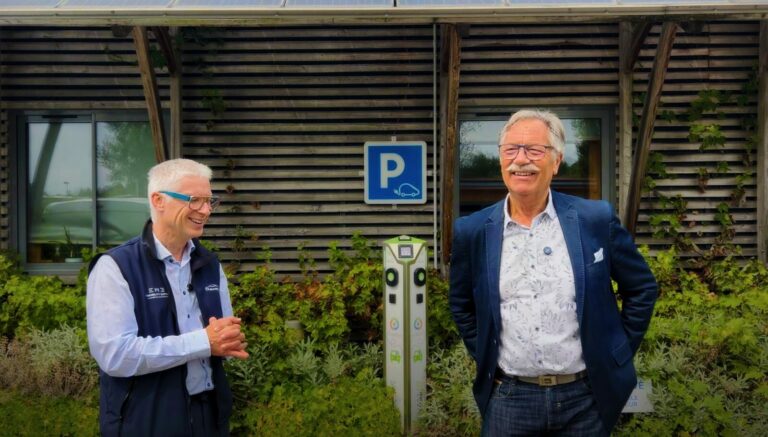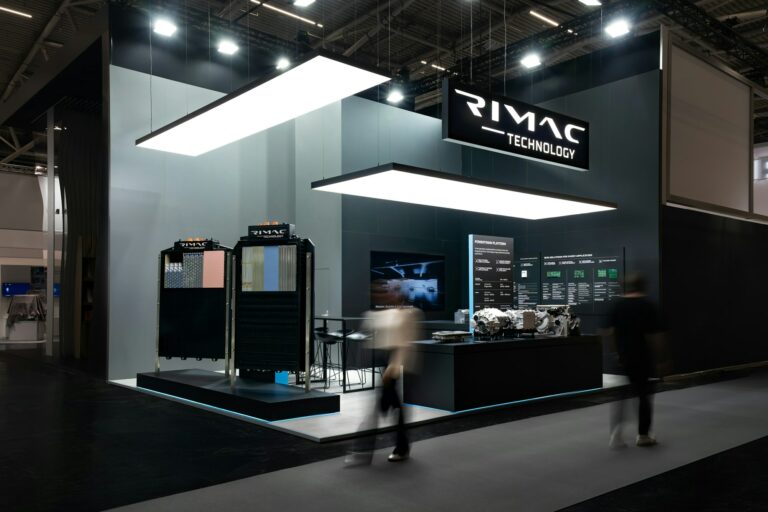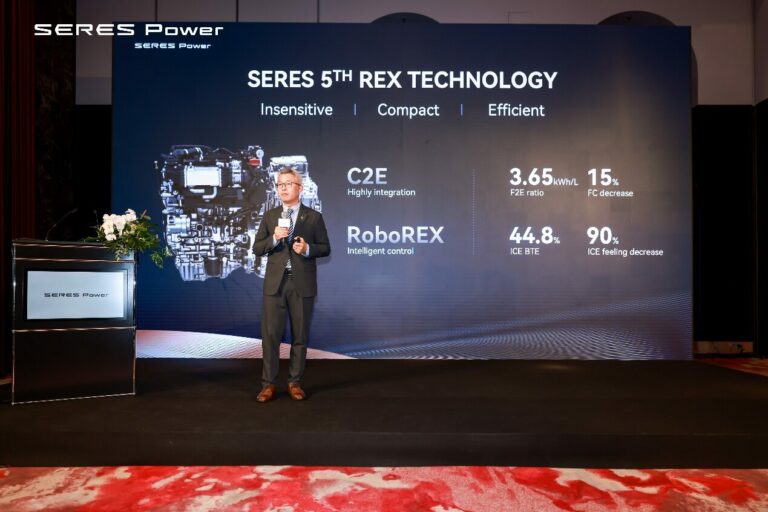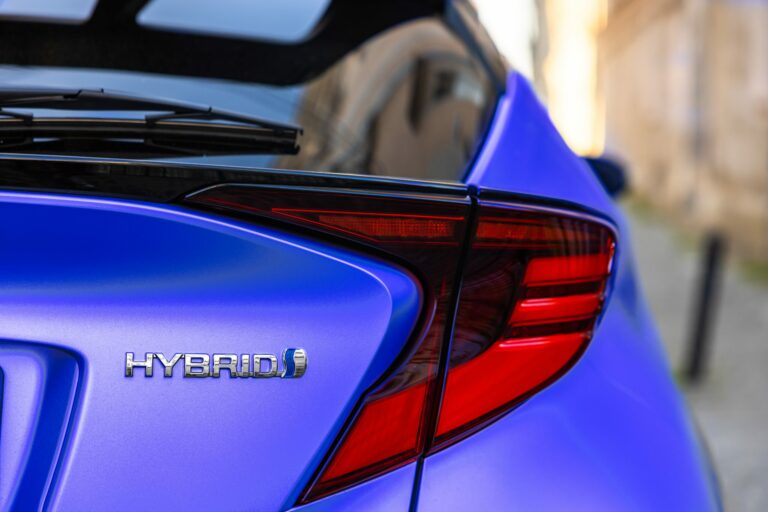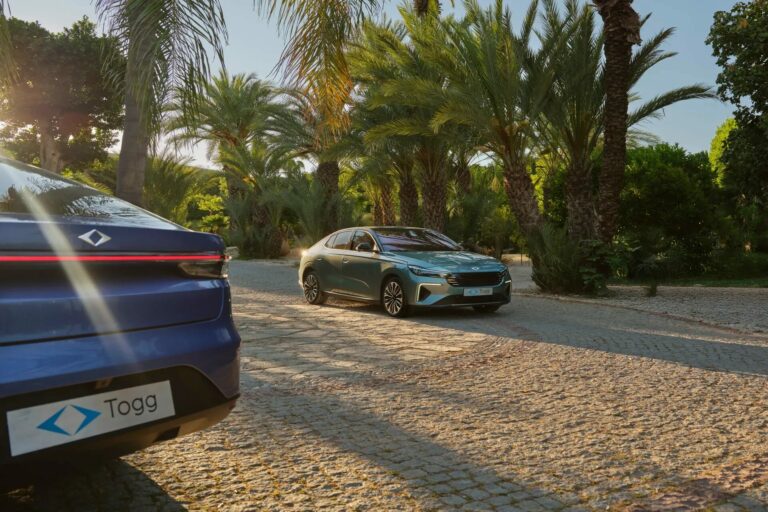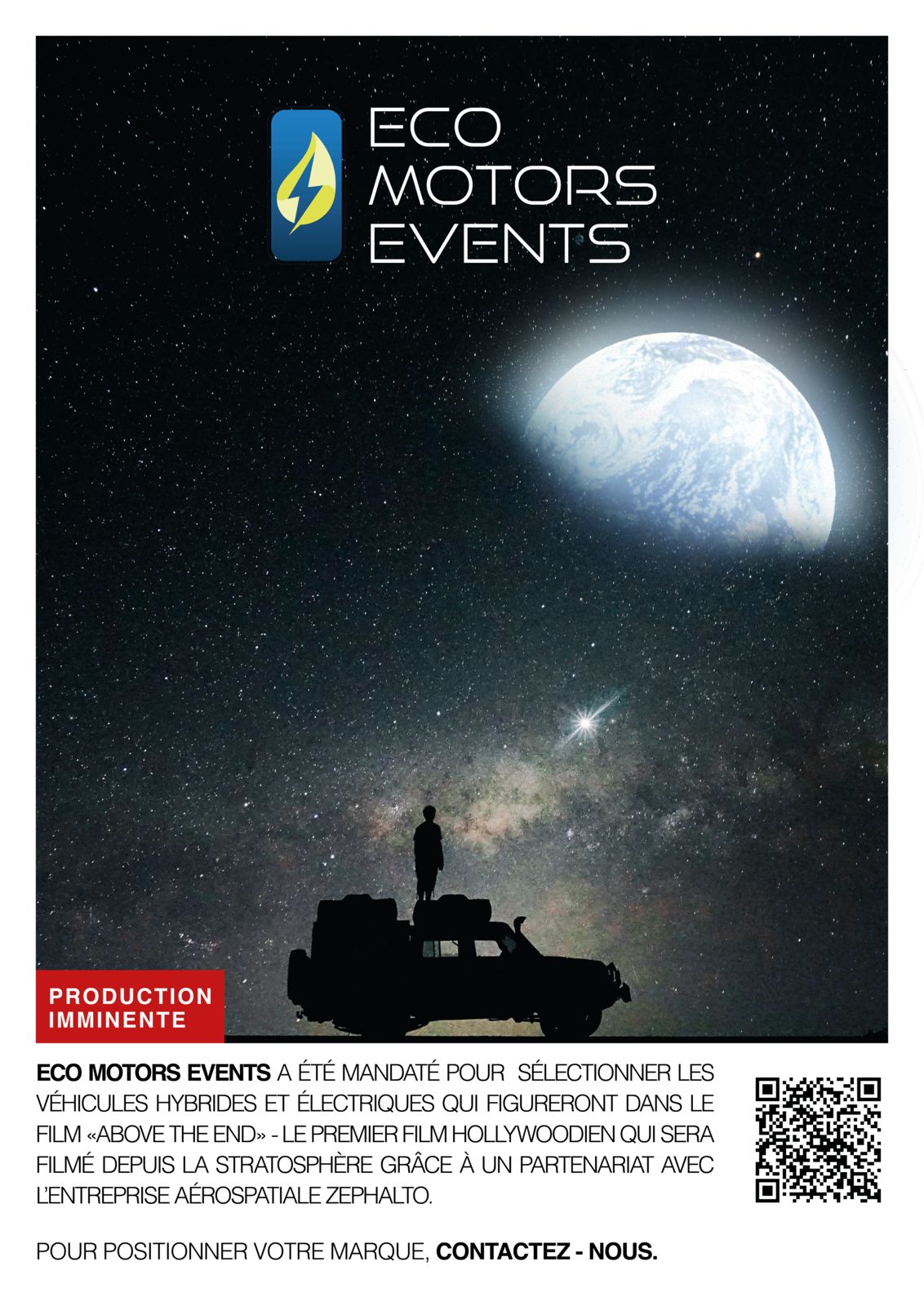Interview with Jean-Luc Coupez and Daniel Kovacs, founders of E-Mobility Expert
Created in 2021, E-Mobility Expert is a young consultancy dedicated to electromobility. Its ambition is to guide companies through the transition, from CSR analysis to the practical deployment of charging stations and sustainable mobility solutions. Meet its two passionate directors: Jean-Luc Coupez, founder, and Daniel Kovacs, associate general manager.
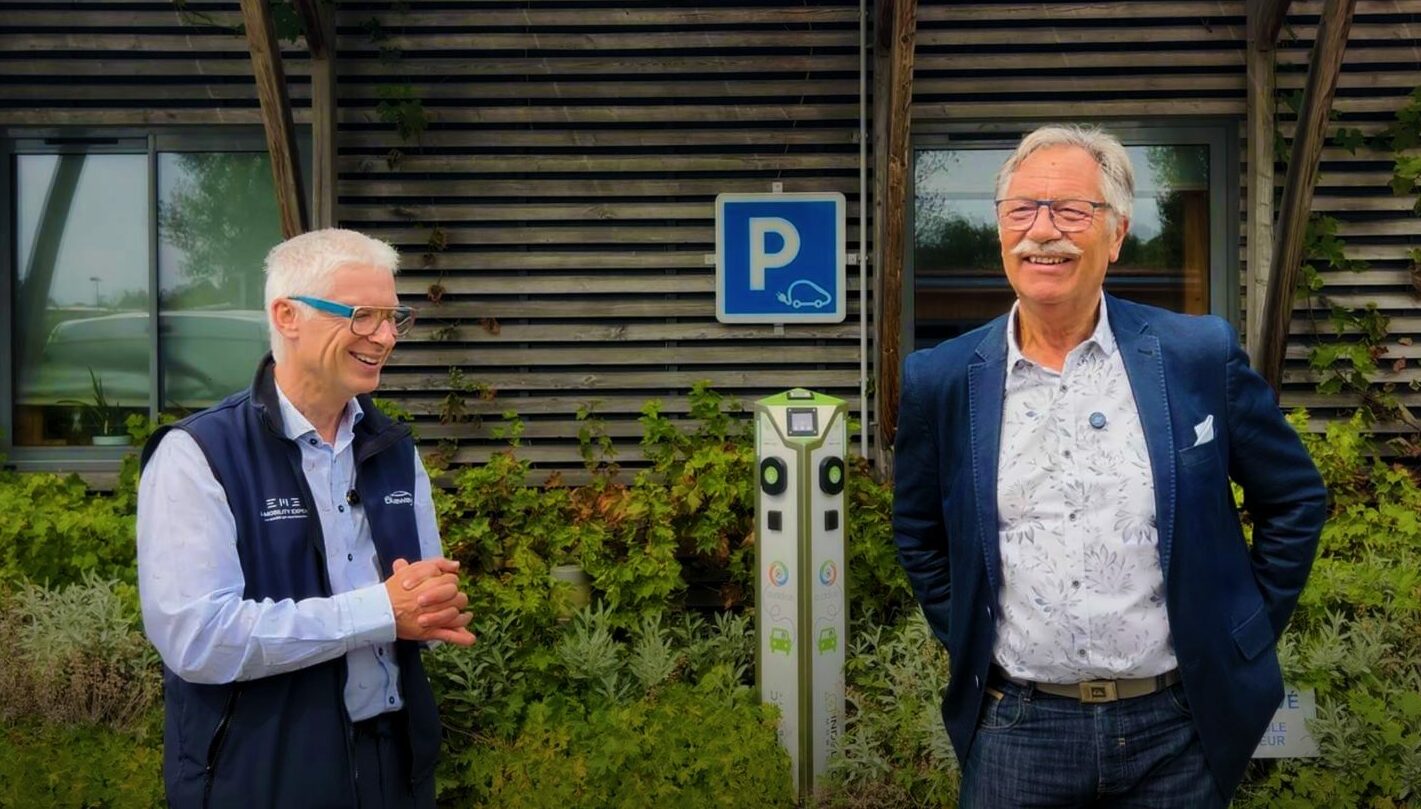
Can you introduce yourself in a few words?
Jean-Luc Coupez: I’m the founder of E-Mobility Expert, a consultancy specialising in the world of electric mobility. After more than 15 years in the electric mobility sector, I wanted to continue to contribute by embarking on this new adventure after my retirement.
Daniel Kovacs: I’m a consultant in electromobility and recharging infrastructures. I joined Jean-Luc with the desire to bring a global and agile vision.
How did the E-Mobility Expert adventure come about?
Jean-Luc Coupez: I launched the company in 2021, with the idea of broadening the technical approach to include a CSR and sustainable development dimension. The partnership with the Auddicé group enabled us to bring in this expertise.
Daniel Kovacs: For me, it was an opportunity to move from a large group to a more flexible structure, while retaining a real sense of rigour. Three years on, the gamble has paid off: we have the responsiveness of a small team and the solidity of a group.
What sets you apart in the market?
JL.C: Experience. I took part in the first interministerial working groups that led to the European Type 2 standard, and then to the Combo CCS for fast recharging.
Our expertise covers both the technical side – developing, installing and upgrading bollards – and the regulatory side – helping foreign manufacturers to comply with French regulations.
Why did you join the Auddicé group?
JL.C: Because it allows us to offer comprehensive support. With Auddicé, we carry out carbon audits, travel plans, analysis of usage… right through to implementation and training. We are currently the only company in France that can follow a company from A to Z.
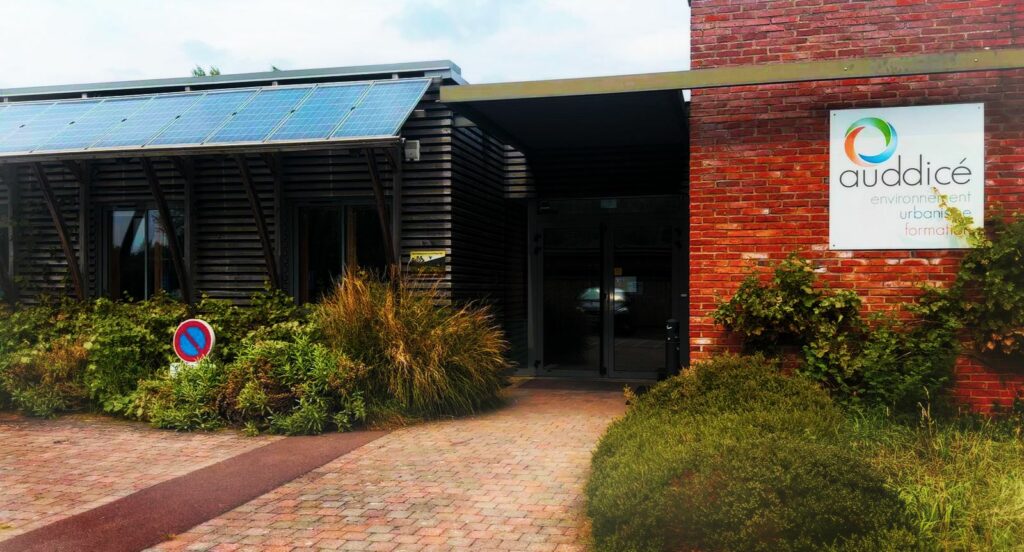
The demonstrator: all recharging solutions combined
You’ve installed a demonstrator on your site. What does it involve?
D.K: We’ve transformed our car park (30 spaces) into a showcase for recharging solutions:
- Slow charging points for daily charging
- Normal terminals (7 to 22 kW) for half a day
- Fast charging points (25 kW) for recharging in two hours
In all, 14 terminals – more than enough to showcase the full range of technologies. It’s unique in France.
JL.C.: We’ve also worked on education: explanatory panels, QR codes, fun training courses like our « charging stations aperitif », which raises awareness of good usage practices.
How do your customers react to this demonstrator?
D.K: With surprise and curiosity. Few have seen so many solutions grouped together in one place. It triggers discussions, ideas and often projects. As for our staff, they have taken to the tool perfectly.
Did you also think about cycling?
D.K : Absolutely. Low-carbon mobility starts with walking and cycling. We have created a garage equipped for electric bikes, with recharging points and a repair workshop, as well as an inflation station, open to all employees.
« Electric vehicles will undoubtedly be a bridge to other technologies such as hydrogen or new generations of batteries.«
Showcasing electric mobility for all uses
What user profiles are you targeting?
D.K: Company employees, visitors and customers, but also staff from other agencies. The idea is to show a variety of uses, with several makes of kiosk and several real-life scenarios.
What do you see as the main obstacles to the electrification of fleets?
D.K: The first is range. Employees are worried:« Will I make it through the day? » The answer depends on the right choice of vehicle and battery. Then there are the issues of recharging: on site, when out and about, and at home.
JL.C : On the business side, the challenge is also to correctly size the infrastructure: number of terminals, power, possible integration of photovoltaics or storage, software control… All this needs to be optimised.
How do you see electric mobility evolving in the future?
D.K.: We’re at a turning point. Batteries will become faster to recharge, rather than more autonomous. Induction will develop, as it has for telephones. And electric vehicles will serve as a bridge to other technologies such as hydrogen.
JL.C : Our role will be to help companies make the right choices, because once a solution is adopted, it’s a long-term commitment. We help them compare costs, take advantage of subsidies and build tailor-made solutions.

